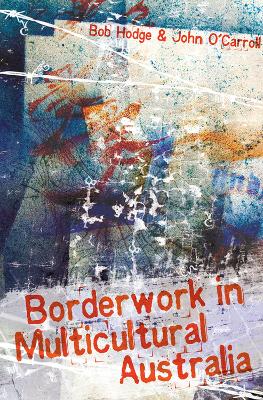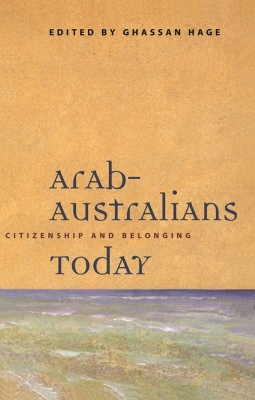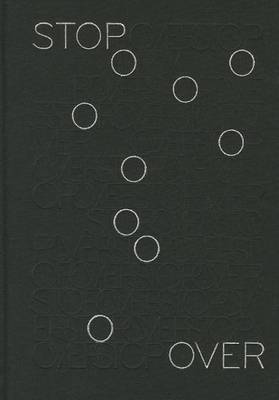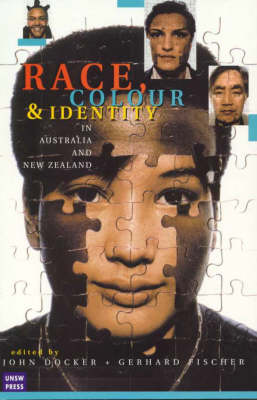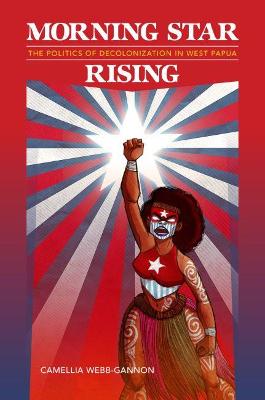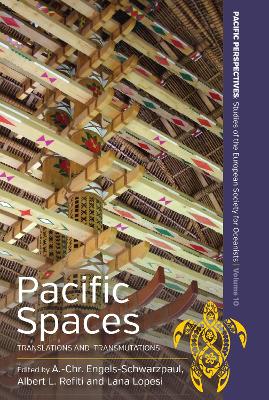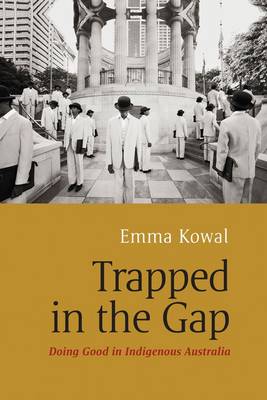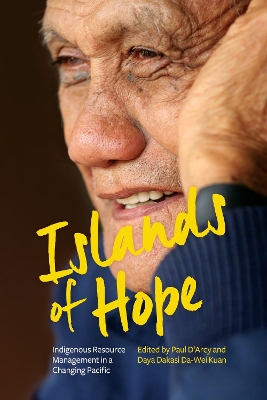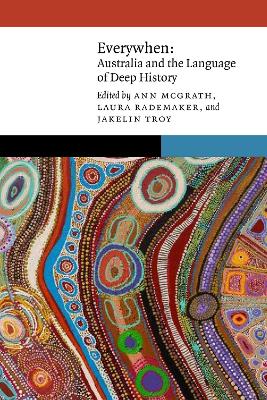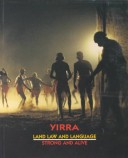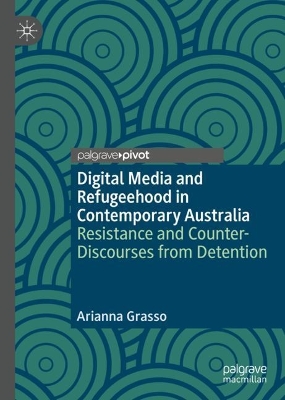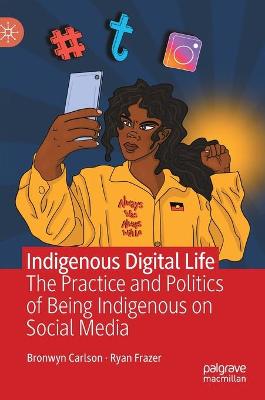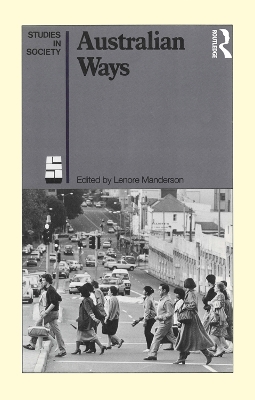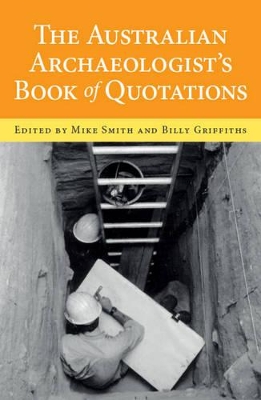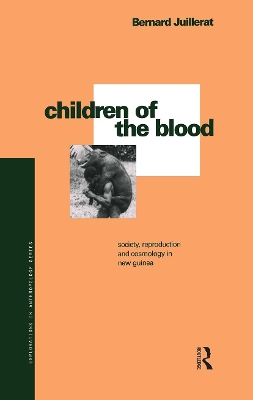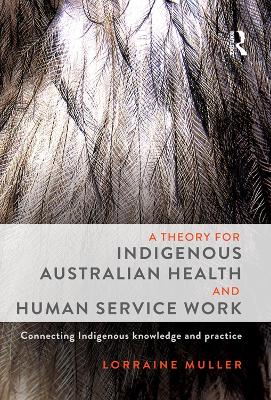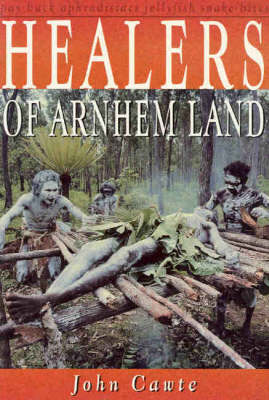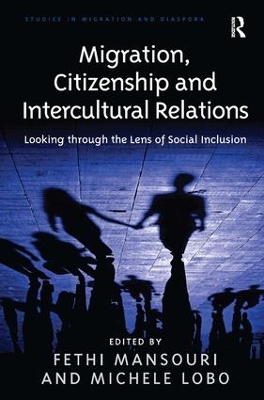Refugees. Border protection. Ethnic gangs. Terrorism. History wars. Pauline Hanson. Australia's faith in multiculturalism has been shaken by fierce attacks from its enemies and a sense of crisis among its friends. Multiculturalism has become a political tool to win votes and generate community anxiety. What is left of the multicultural ideal?Bob Hodge and John O'Carroll take the pulse of multicultural Australia in the wake of September 11. They investigate the hot spots' of multiculturalism, sho...
Arab people first came to Australia in the late nineteenth century. Today more than half a million Australians claim some form of Arab ancestry. They are a diverse group, both socially and economically. New South Wales, for example, appointed Australia's first Lebanese Governor, while at the same time it was labelling groups of economically deprived young people as 'Lebanese gangs'. Victoria's Premier, Steve Bracks, comes from a Lebanese background. Melbourne has an important Arab business commu...
Indians first arrived in Fiji as indentured laborers in 1879. Since the Rabuka coup d'etat in 1987, and three subsequent Fiji coups, Indian-Fijians have been emigrating from the country in earnest. ""Stopover"" is a haunting suite of photographs by New Zealand artist Bruce Connew from the tiny Indian-Fijian sugar cane settlement of Vatiyaka, taken during seven visits between June 2000 and November 2003, placing an extended family inside the story of migration. Connew's narrative captions and a s...
This fascinating collection of essays asks key questions not only for the future of settler colonial societies like Australia and New Zealand, but also for the future of humanity. The essays trace the relationships between indigenous and non-indigenous peoples and the divisions between immigrants of European, Asian and Pacific origin.
Morning Star Rising (Indigenous Pacifics)
by Lecturer Camellia Webb-Gannon
That Indonesia's ongoing occupation of West Papua continues to be largely ignored by world governments is one of the great moral and political failures of our time. West Papuans have struggled for more than fifty years to find a way through the long night of Indonesian colonization. However, united in their pursuit of merdeka (freedom) in its many forms, what holds West Papuans together is greater than what divides them. Today, the Morning Star glimmers on the horizon, the supreme symbol of merd...
Pacific Spaces (ASAO Studies in Pacific Anthropology)
Delving into Pacific spaces from a variety of disciplinary perspectives and interpretations, this book looks at how the anthropological and architectural can be connected. The contributors to this book - architectural practitioners, architectural and spatial design theorists, anthropologists and historians - show not only how new theoretical perspectives can arise out of comparing aspects specific to one discipline with their equivalents of another, but also demonstrate how a space of emergenc...
In Australia, a ‘tribe’ of white, middle-class, progressive professionals is actively working to improve the lives of Indigenous people. This book explores what happens when well-meaning people, supported by the state, attempt to help without harming. ‘White anti-racists’ find themselves trapped by endless ambiguities, contradictions, and double binds — a microcosm of the broader dilemmas of postcolonial societies. These dilemmas are fueled by tension between the twin desires of equality and d...
***Longlisted for the inaugural Australian Political Book of the Year Award!***A searing analysis of the idea of Australia and the truth of the nation, its greatest strengths and most important challenges, and how Australia as a country can achieve its potential and become a smart, compassionate, engaged, fair and informed nation.What is the 'idea of Australia'? What defines the soul of the nation? Is it an egalitarian, generous, outward-looking country? Or is Australia a place that has retreate...
Islands of Hope (Pacific)
Everywhen (New Visions in Native American and Indigenous Studies)
Everywhen is a groundbreaking collection about diverse ways of conceiving, knowing, and narrating time and deep history. Looking beyond the linear documentary past of Western or academic history, this collection asks how knowledge systems of Australia’s Aboriginals and Torres Strait Islanders can broaden our understandings of the past and of historical practice. Indigenous embodied practices for knowing, narrating, and reenacting the past in the present blur the distinctions of linear time, maki...
The Greeks have made an enormous contribution to Australian cultural and social life, and this book vividly tells their story. Beginning with an examination of the conditions in Europe that led to migration, it details the role of the Greeks in Australian settlement, the two large waves of Greek migration in the nineteenth and twentieth centuries, and the ways in which the Greeks have maintained a solid sense of Greek cultural expression. Numbering approximately half a million, the Greek communi...
This is the first analysis of Maori carving styles by tribal area ever written. Simmons draws on the work of Kendall and an important new source to provide a coherent analysis of style and symbolism in Maori carving. The first part of the book discusses the mythological context and symbolism in Maori art, and the second is a painstaking analysis of the older serpentine and more recent square styles by tribes following the main lines of intertribal communication. Each section is illustrated by dr...
This book focuses on the resistance practices digitally enacted by a group of refugees in the context of the Australian detention policy. Drawing on critical-, multimodal- and ethnographic-discursive analytical research, the author brings to the fore the digitally mediated lived experiences of detained refugees as articulated from Australia-run offshore and onshore detention facilities. The book unveils how refugees’ self-representation and counter-discursive practices on social media aim to dis...
Settler societies habitually frame Indigenous people as ‘a people of the past’—their culture somehow ‘frozen’ in time, their identities tied to static notions of ‘authenticity’, and their communities understood as ‘in decline’. But this narrative erases the many ways that Indigenous people are actively engaged in future-orientated practice, including through new technologies. Indigenous Digital Life offers a broad, wide-ranging account of how social media has become embedded in the lives of Indi...
Australian Ways (Studies in society, #30)
This collection, the first of its kind in Australia, illustrates the richness of data and analysis born of the anthropological study of contemporary white Australian society.The studies presented here deal with diverse settings and events, ranging from a community's responses to a bushfire in rural NSW to the messages encoded in a male strip show in Adelaide. Work and leisure, family life and institutional relationships, natural disaster and culturally manipulated violence, the particular experi...
Children of the Blood (Explorations in Anthropology)
by Bernard Juillerat
This fascinating book, translated from the French, explores the Yafar society, a forest people living by shifting cultivation, hunting and gathering. Based on fifteen years of research, it offers a detailed examination of all aspects of a society whose material and nutritional relations with their rainforest environment are mediated by a sociocultural system based on a carefully negotiated relationship with natural forces, and harmony between the sexes. The author shows how these basic ideas can...
A Theory for Indigenous Australian Health and Human Service Work
by Lorraine Muller
Winner of the 2015 Educational Publishing Awards Australia - Scholarly Resource Most people of European background are not aware that they see the world through the lens of the Western tradition, but for Indigenous people, it can seem like a foreign language. Indigenous ways of thinking and working are grounded in many thousands of years of oral tradition, and continue among Australian Aboriginal and Torres Strait Island people today. Lorraine Muller shows that understanding traditional holist...
Aborigines of the West (Sesquicentenary celebrations)
by Ronald M. Berndt and Catherine H. Berndt
Migration, Citizenship and Intercultural Relations (Studies in Migration and Diaspora)
by Michele Lobo
Migration, Citizenship and Intercultural Relations reflects on the tensions and contradictions that arise within debates on social inclusion, arguing that both the concept of social inclusion and policy surrounding it need to incorporate visions of citizenship that value ethnic diversity. Presenting the latest empirical research from Australia and engaging with contemporary global debates on questions of identity, citizenship, intercultural relations and social inclusion, this book unsettles fix...
